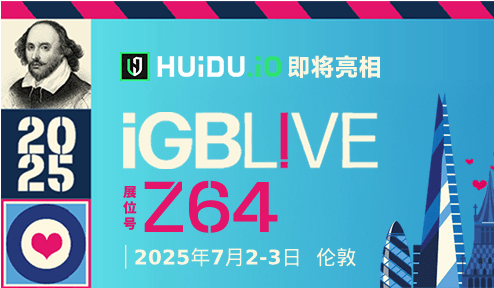When iGaming Next 2024 kicked off with an All-Star panel on Wednesday in Lower Manhattan, Julian Buhagiar struck an ominous tone.
Buhagiar, a general partner at Yolo Investments, did not mince words. Asked to provide a snapshot for the evolution of the industry over the next 10 years, Buhagiar boldly proclaimed: “Gambling Is dead.” At first glance, Buhagiar’s comments may appear to be hyperbolic or a crafty attempt to grab headlines.
But for those who paused a minute to digest Buhagiar’s comments, it became quickly apparent that he proposed a thesis for how the industry needs to respond to rapidly changing customer dynamics. Traditionally, foot traffic inside brick-and-mortar casinos has been dominated by the elderly population, as senior citizens represent a large percentage of activity on slot machines inside a retail environment.
The demographics skew younger in sports betting, where bettors are predominantly under the age of 35. A 2023 Ipsos poll found that sports bettors are more likely to be men who have yet to celebrate their 40th birthday.
More precisely, a cohort of those who are white, high-income earners are more likely to wager on sports. Months earlier, a Pew Research survey showed that men under the age of 50 (22% vs. 17%) were more likely to have placed a bet on sports over the last year than those 50 or older.
“We have seen a massive disconnect between how we gamble today and what the Gen Zs are going to be gambling on in 2025,” said Buhagiar on the main stage at Convene in Downtown New York.
The convergence of technology, social betting, and mobile gaming represented one of the most popular topics at the three-day iGaming Next NYC 2024 Summit. With the growth of e-commerce on mobile apps, Buhagiar urged the industry to redefine the methodologies and infrastructure for how consumers gamble.
Buhagiar is an investor and co-founder of RB Capital, which specializes in M&A and funding brokerage in gaming, fintech, and media, according to Yolo’s website. RB Capital has brokered deals in excess of $340 million, Buhagiar’s bio states.
CNBC reporter Contessa Brewer, the moderator of the panel, suggested that Buhagiar may have inferred that “gamblers are dying,” rather than the industry as a whole. In response, the financier emphasized that industry executives should become more attuned to customer needs to drill down why customers decide to continue gambling.
In comments that could generate considerable pushback from responsible gambling advocates, Buhagiar indicated that major gambling companies need to redefine where customers will get their “next fix.”
“We need to define what the next fix is going to be, where it’s going to be, and how we can have it scale to displace the revenue disproportion that’s going to be happening in the next few years,” he said.
Buhagiar pointed to various connected community and social-sharing apps as avenues for growth. One such network, Telegram, has hundreds of millions of impressions, he noted.
“If you overlay some sort of gambling opportunity over there, you immediately have a connected audience,” Buhagiar said. “There’s no barriers to entry.”
Buhagiar appeared on the panel titled “Predictions 2025” alongside BetMGM CEO Adam Greenblatt, Betr CEO Joey Levy, and Acies Investments Co-CIO Edward King. Greenblatt noted that the industry should sharpen its focus on the coming months rather than the next 10 years.
“We’re totally off track. This is not about 2030 — this is about 2025,” he responded, adding that his company continues to set records on new customers and first-time depositors this month.
— Contessa Brewer (@contessabrewer) March 7, 2024
Asked on a potential “defibrillator” that is needed to resuscitate the industry, Levy responded that the thesis is a “provocative” one, without indicating whether he backed it. Nevertheless, he believes that real-money gaming will be different for the next generation of fans that Betr caters to.
Over the next several years, Levy thinks that “blunt force marketing,” through a ubiquity of bonus bets and promotions, will not be enough to win over customers. Instead, the operators that think creatively to develop “brand affinity” among customers will be the ones that succeed, he predicts.
Levy made the comments on the same day that Betr disclosed a funding round led by venture capital firms Harmony Partners and 10X Capital. The $15 million round valued Betr at approximately $375 million.
BetMGM, meanwhile, approaches March Madness as one of the nation’s leaders in sports betting. Still, the operator trails rivals FanDuel and DraftKings considerably by nationwide market share. Ahead of the Super Bowl, BetMGM signed a groundbreaking partnership with social media giant X, formerly Twitter.
“So X is where the live conversation in sports takes place. You get into X and you always see trending topics around sports — BetMGM needs to be in the center of that conversation,” Greenblatt told Sports Handle. “We’re expecting over the course of the deal, billions of impressions, billions of moments where the BetMGM brand is in front of X users.”



 2024-03-08
2024-03-08















